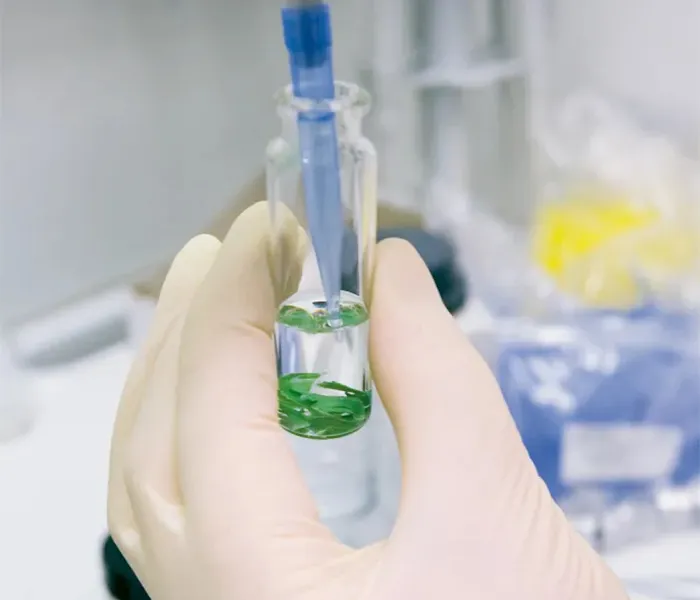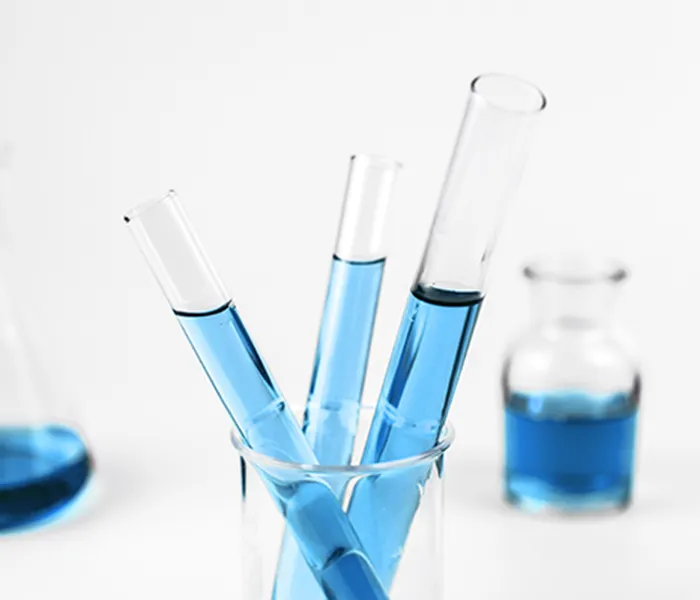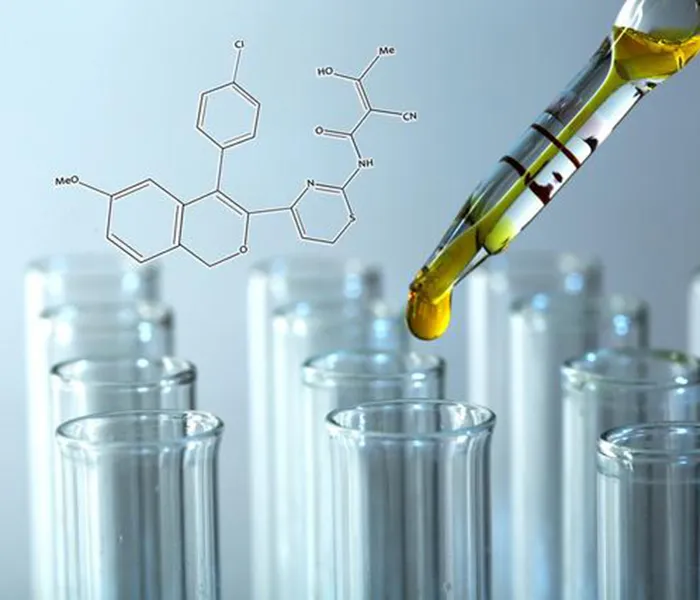When it comes to surface treatment, businesses and industries often face numerous challenges, such as poor adhesion, inadequate corrosion protection, and uneven coating thickness. Finding effective solutions to these challenges is crucial for achieving optimal surface properties and ensuring the durability of materials. In this blog, we will explore how organic titanate offers a promising solution to overcome these surface treatment challenges.

The Benefits of Organic Titanate
Organic titanate has gained significant attention in the field of surface treatment due to its exceptional properties and benefits. It acts as a versatile adhesion promoter, improving the bonding between substrates and coatings. With organic titanate, you can achieve enhanced corrosion resistance, increased durability, and improved surface properties that meet the specific requirements of your application.
Addressing Common Surface Treatment Challenges
Organic titanate effectively addresses some of the most common surface treatment challenges encountered by industries. Whether it’s poor adhesion on challenging substrates, difficulties in achieving uniform coating thickness, or the need for enhanced corrosion protection, organic titanate provides a reliable solution. Its unique chemical properties allow it to create strong bonds between the substrate and coating, resulting in improved adhesion and uniformity.
Real-World Applications
To illustrate the effectiveness of organic titanate, let’s explore a few real-world applications. In the automotive industry, organic titanate has been successfully used to enhance the adhesion of coatings on plastic components, ensuring long-lasting performance and durability. In the aerospace sector, it has played a crucial role in improving corrosion resistance on aircraft parts, protecting them from harsh environmental conditions. These examples demonstrate the versatility and effectiveness of organic titanate in addressing various surface treatment challenges.

Application Methods and Considerations
Organic titanate can be applied using different methods such as spray coating, dip coating, or powder coating. Each method has its own considerations and best practices to ensure optimal results. It is essential to carefully evaluate the substrate, coating material, and application process to determine the most suitable approach for your specific application. Consulting with experts in the field can help you make informed decisions and achieve the desired surface treatment outcomes.
Safety and Environmental Considerations
While organic titanate offers numerous benefits, it is essential to address safety and environmental concerns. Adhering to safety guidelines and regulations is crucial to ensure the well-being of workers and minimize any potential risks associated with the use of organic titanate. Additionally, responsible usage and proper disposal methods should be followed to minimize the impact on the environment.
Organic titanate has emerged as a reliable solution to overcome surface treatment challenges. Its unique properties and benefits make it an ideal choice for improving adhesion, enhancing corrosion resistance, and achieving desired surface properties. By incorporating organic titanate into your surface treatment processes, you can enhance the performance and durability of your materials. Take the first step towards optimizing your surface treatments by exploring the potential of organic titanate and its application methods.
When it comes to surface treatment challenges, organic titanate presents an impressive solution. With its unique properties and outstanding advantages, it offers a reliable choice for improving surface performance and enhancing material durability across various industries. If you’re interested in learning more about organic titanate and other chemical raw materials, we invite you to visit our website. On our platform, you’ll find a wealth of chemical raw material resources and professional technical support to help you address surface treatment and other challenges.





